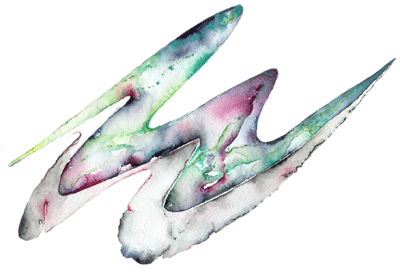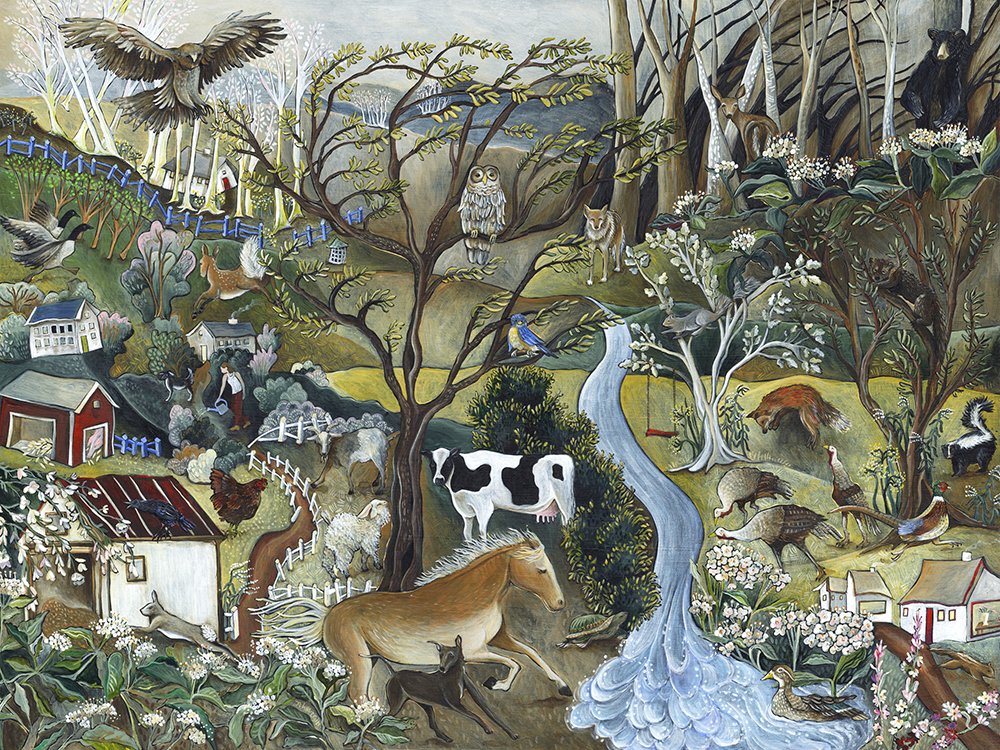Week 8 - Isaiah 44:1-23
Those under the load of idolatry do not know
the lift the living God can give.
Gary W. Light
Our passage this week continues themes that are beginning to feel familiar — formerly exiled Israel receives assurances; there’s another trial scene (with Yahweh the clear winner); and a long section about idols. Yada yada. One might wonder…doesn’t Israel get it by now?
So it might help to zoom out and remember just how deeply Babylonian exile had affected the Israelites. As we read Isaiah’s repetitive messages, it’s obvious. Yes, the gospel (good news) is that Yahweh has defeated Babylon and they’re free to depart exile. Yes, Yahweh has won, Babylon has lost and Judah is free. (There’s even a superhighway between Babylon and Jerusalem for a dazzling return!) They can return home...but it’s just not sinking in! Israel is still rebellious and in need of convincing.
Scenes of our current climate come to mind. Covid is ravaging the world and yet at the time of this writing (November 2020), malls in Calgary are filled with mask-less shoppers. And in Manitoba, a church is preparing to congregate in person, despite orders not to. Not only that but the outgoing US president and his followers refuses to admit defeat. What seems so obvious to us is just not sinking in! Why don’t they get it?
I shake my head in disbelief until I turn the lens on myself. I’ve heard God’s good news since before I was born, and yet I regularly continue to live entranced by an alternate world. It’s the world where I believe might is right, and that I must stay on top of things to win some kind of divine approval. I forget that God knows me as a flickering wick; as someone regularly at the end of her rope and in need of redemption. My sore neck and back remind me that I’ve been striving. I forget that all I need to do every single day is rest in God’s complete acceptance and love. “Why doesn’t she get it?” could well be God’s broken-hearted response.
This week I was struck by the reference to God as Redeemer (44:6). It’s a word that we don’t use often, but Brueggemann’s sentence made it clear. Yahweh is our kinsman, someone who has “purchased a weaker relative from economic bondage.” I remembered an episode from The Crown which told the true story of some members of the royal family who once did the opposite. Two first cousins of Queen Elizabeth II were secretly institutionalized in 1941 because of developmental disabilities.
We are all like this — royals with our brokenness showing on the outside. But the difference with God is that our Creator doesn’t hide us away. On that superhighway in God’s world, everyone and everything belongs. We can come “as we are”.
This was palpable good news for me this week. God interrupted my enslavement to former things with a Word that made my heart lighter. Echoing verses 1-5, I heard “But now Lydie, I’ve known you all along. You try valiantly to outrun the hamster wheel, but I see you. I know you’re actually weak and dependent. I will help you! And the first order of business is to let you know that I won’t turn away just because you’re broken. I’ve purchased you from bondage. You belong. Come as you are.”
It sure felt like good news this past week, the best “curbside pickup” I could ask for. A true lift. Like Israel, my former enslavement runs pretty darn deep, and I know I’ll forget again. Thankfully God doesn’t mind patiently repeating the good news. In fact, early on, Brueggemann told us that all of Isaiah 40-55 is just one single assertion — "Yahweh has defeated Babylon and Judah is free to depart exile." Thank goodness God’s the most patient parent ever.
- Lydia
Reading: Brueggemann pages 64-72
Questions for Reflection
- The heavy accusations from the previous chapter are now interrupted with intense assurances, starting with “But now…” (43:1). What would God say to you to interrupt and contradict your addictive/sinful patterns? How does God reassure you?
- Verses 2b-5 describe the help that Yahweh brings (water on thirsty land, spirit on the next generation). Try to rewrite these verses as if God is speaking to Watershed. “Do not fear O Watershed, for I will…”.
- What is an idol ? What is it about idols that attract us? What are some of your idols?
permission pending from Adam Barker




